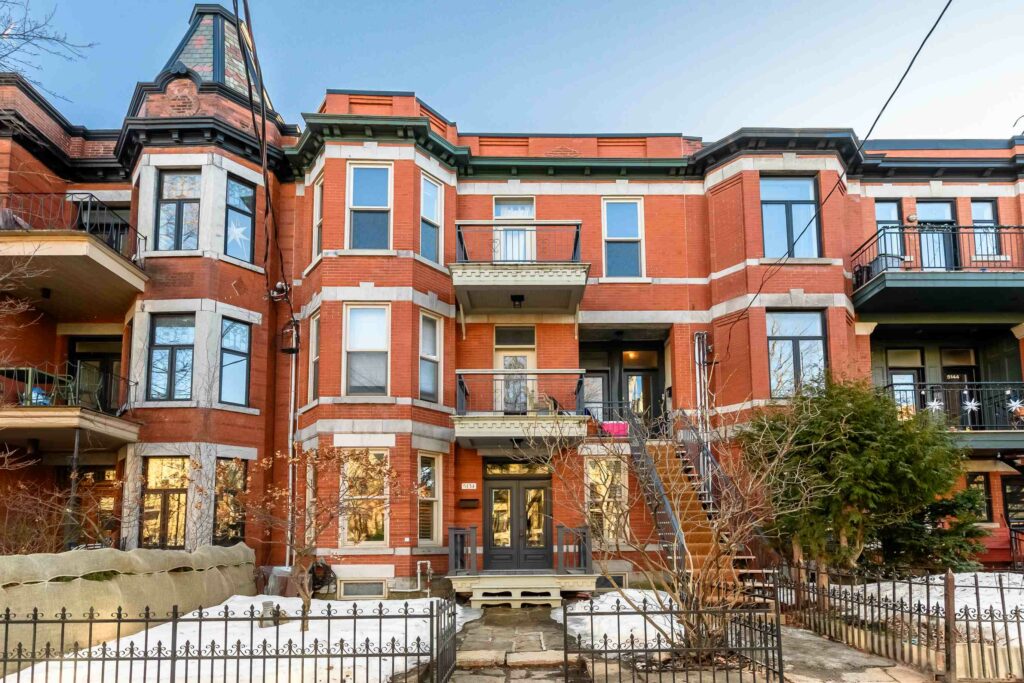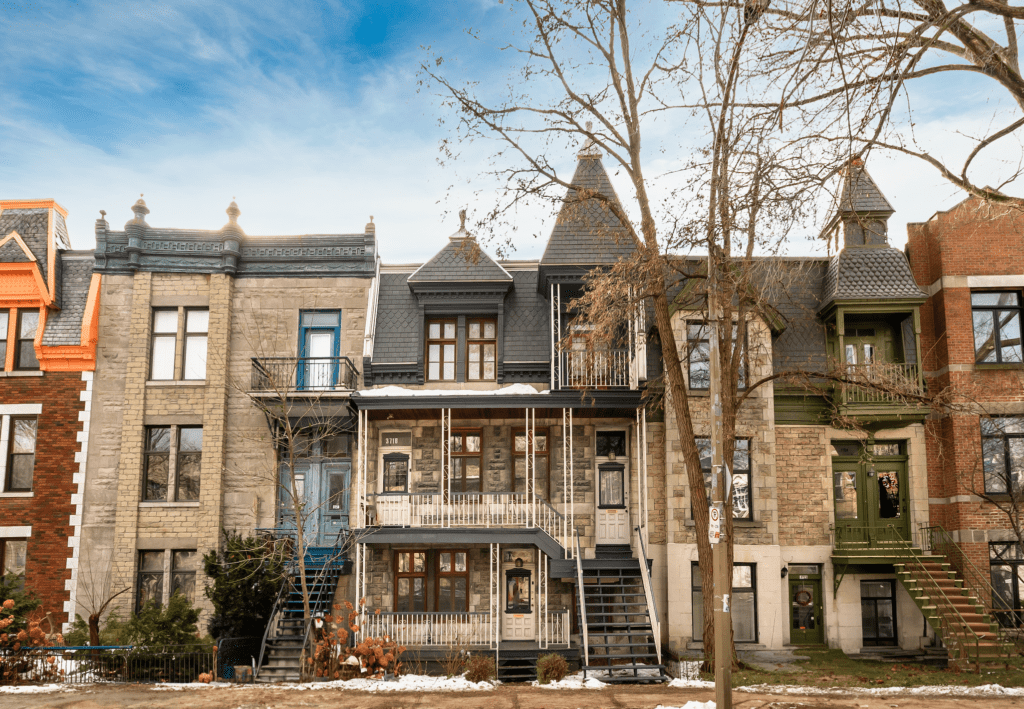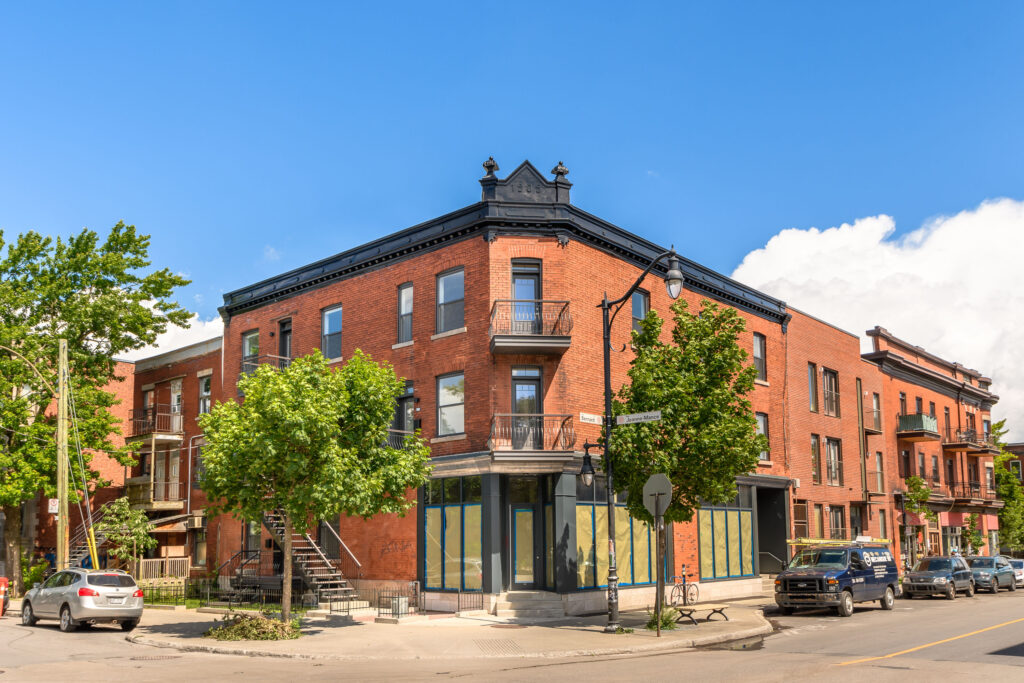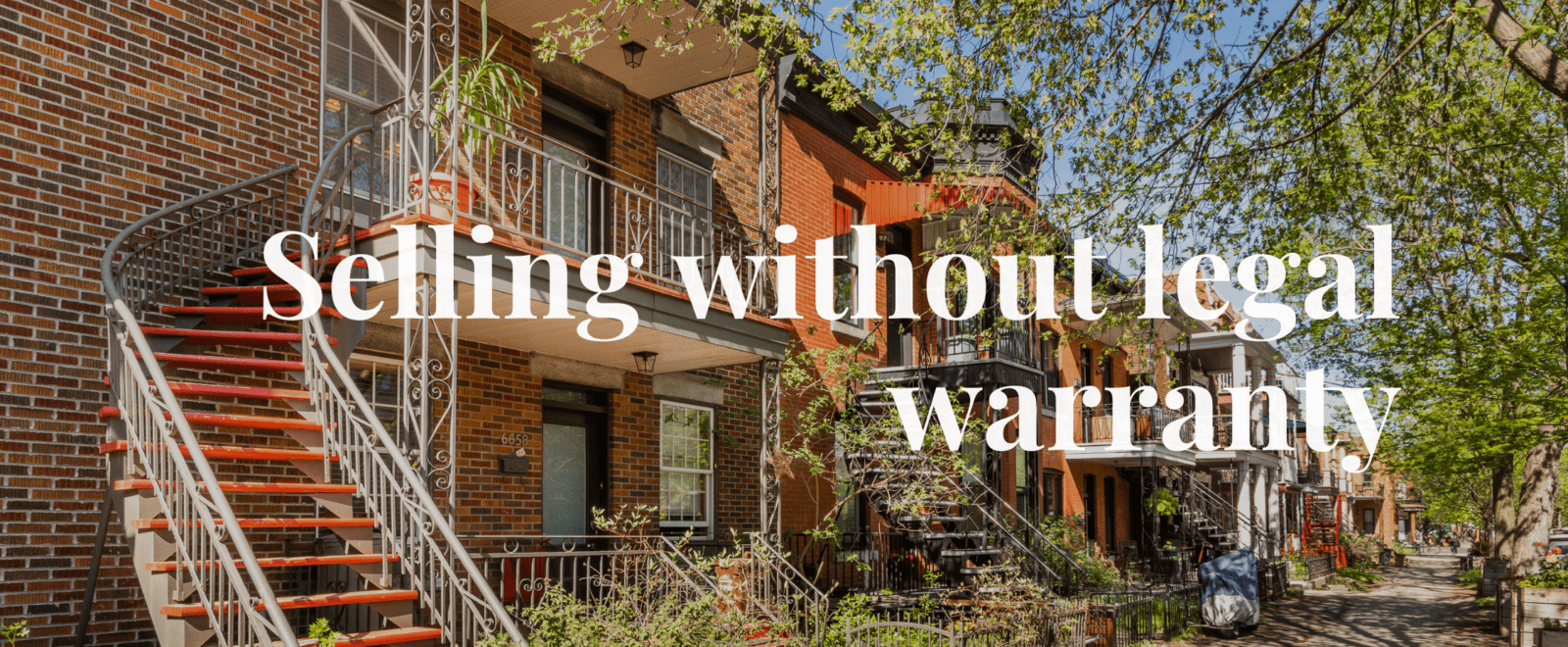Selling without legal warranty - Key Information
You are looking for a property in Montreal with your real estate broker. When you search online, the detailed sheets of properties have the mention of “sale without legal warranty of quality, at the buyer’s risk and peril. As you are not certain of the meaning of these terms and their implications, you then ask your real estate broker for further information.
Your real estate brokers answer all your questions:
What is a legal warranty in real estate?
In Quebec, the law provides that the sale of real estate must guarantee the quality and the right of ownership. These two guarantees constitute the legal warranty.
The guarantee of quality concerns hidden defects. When we talk about hidden defects, we are talking about a “hidden” defect that will undermine the quality of the building. This defect is known by the seller and has been omitted from the Seller’s Declaration (VIS). In addition, the hidden defect existed at the time the purchase but was unknown to the buyer. The hidden defects are not usually not easily noticeable and can be for example mold in the walls, cracks in the foundations, moisture on the ground, water infiltrations, etc.
The guarantee of the right of ownership (security of title) is related to the vices of title of ownership. This would refer to a situation that would prevent the buyer from exercising his right of ownership. For example, the seller would not have repaid his mortgages in full and would have failed to mention it to the buyer.
What is a sale without legal warranty “at the buyer’s own risk”?
A sale without legal warranty implies that the buyer agrees to acquire the property at his “ own risk and waives’’. This means that in the case of hidden defects, recourse against the seller is limited, hence the importance of pre-purchase inspection. The seller should still indicate the past defects and complications with the property and must act in good faith, in order to be transparent. The buyer must read it, but understands that he or she has no guarantee on the quality of the property.
For a sale without legal warranty to take place, there must be a mention in the Seller’s Declaration or the Offer to Purchase. This must also be indicated in the act of sale.
The phenomenon of sale without legal warranty has been observed in real estate transactions for several years in Quebec. However, this phenomenon has grown since 2019, during the pandemic. Buyers may decide to waive the legal warranty in order to acquire the coveted property more easily. Sellers, on the other hand, sell their property without legal guarantee, thinking that they will let go of their responsibility. But is it really a good idea?
What are the implications of selling without a legal warranty?
Selling without a legal warranty has significant negative impacts, especially on the value of the property. Indeed, according to a report from JLR, a property sold without legal warranty would be sold 8% to 11% less than with.
In addition, in order to make an offer more attractive, a buyer can waive the legal warranty and abandon the pre-purchase inspection. The buyer then has no recourse against the seller and is then responsible for the hidden and apparent defects of the property. Fixing these defects can result in a considerable amount of money, which is never desirable.
The reference to “at your own risk and waives” should be taken seriously.
In what situations does a sale without legal guarantee take place?
Some sellers opt to sell their property without legal guarantee. However, it is in these 3 following situations that the sale without legal warranty is the most common.
– Senior sellers: Senior sellers often decide to sell their property without a legal warranty in order to avoid liability as they approach retirement. They then move towards a smaller home.
-Estates: the heirs of a property may not have a good knowledge of its history. Indeed, the property may be old and they do not know if there have been problems in the past regarding the quality of the building. In order to protect themselves and avoid the risk of potential lawsuits, the heirs will then sell without legal warranty.
-Bank repossessions: when an owner no longer pays his mortgage, a formal notice is sent and a court judgment is issued a few months later. The bank then takes possession of the property and makes a direct sale. The buildings taken over by the banks are always sold without legal warranty, as a bank does not want to be sued for hidden defects.
Growing in popularity, selling without a legal warranty is a risky and high-risk practice. Before selling, ask your real estate broker for an expert opinion on the subject, which will guide you to the most informed decision.
The phenomenon of sale without legal warranty has been observed in real estate transactions for several years in Quebec. However, this phenomenon has grown recently with the pandemic. Sale without legal warranty implies that the buyer agrees to acquire the property at his “own risk and waives’’. This means that in case of hidden defects, no recourse against the seller will be possible, hence the importance of the pre-purchase inspection. In these three situations the sale without legal guarantee is more common: when the seller is an older person, during a succession or a bank resumption. Despite its growing popularity, selling without a legal guarantee is not recommended because it is a dangerous practice that does not provide protection to the buyer.
Questions about selling without legal warranty? Contact one of our real estate brokers
Consult other buyer information

Co-ownership: advantages and disadvantages
In Montreal – whether in the Plateau Mont-Royal, Rosemont La Petite-Patrie or Villeray areas – you’ll find a

Financial repossession: advantages and disadvantages
If you’re looking for your new home, chances are you’ve already noticed the Repossession search criterion on Centris,

Key interest rate maintained at 2.75%: A favorable environment for the real estate market!
Montreal, April 16, 2025 – The Bank of Canada has decided to maintain its key rate at 2.75%.

Real Estate Trends: An Overview of the First Quarter of 2024
Real Estate Trends – Key Points As the city slowly emerges from winter, our real estate brokers have

The Promise to Purchase for an undivided co-ownership
The Promise to Purchase for an undivided co-ownership The Promise to Purchase an undivided property in Quebec differs

Why invest in commercial real estate ?
Why invest in commercial real estate? Investing in commercial real estate represents a prudent financial strategy, offering a







